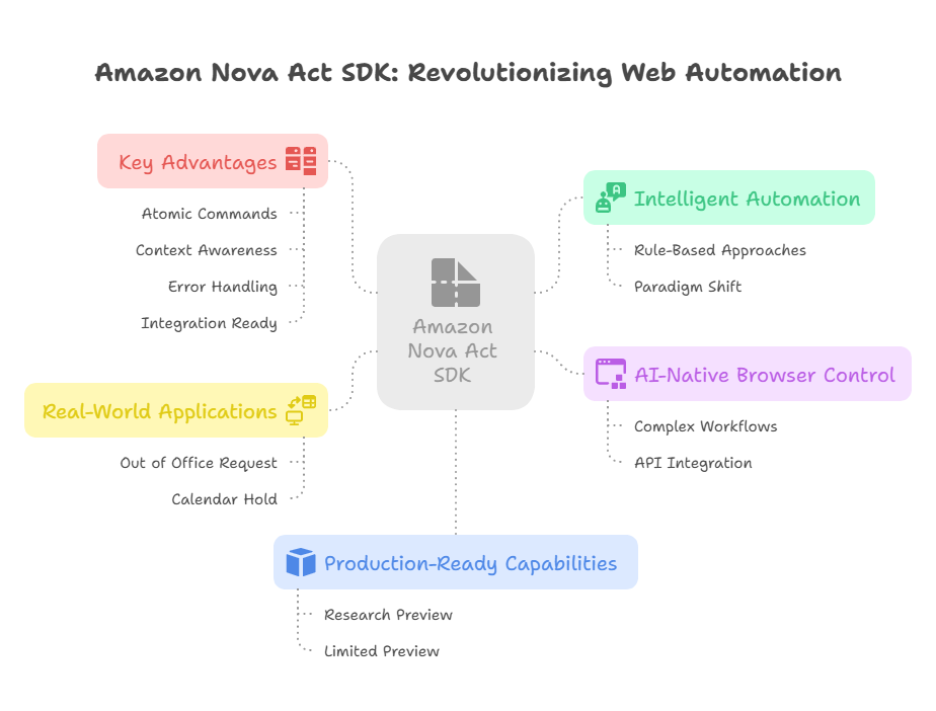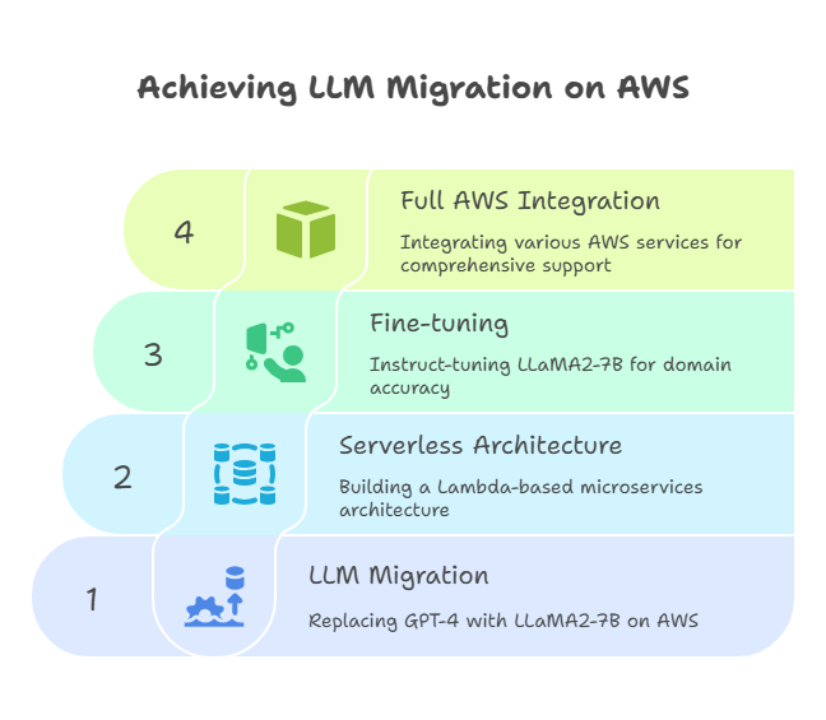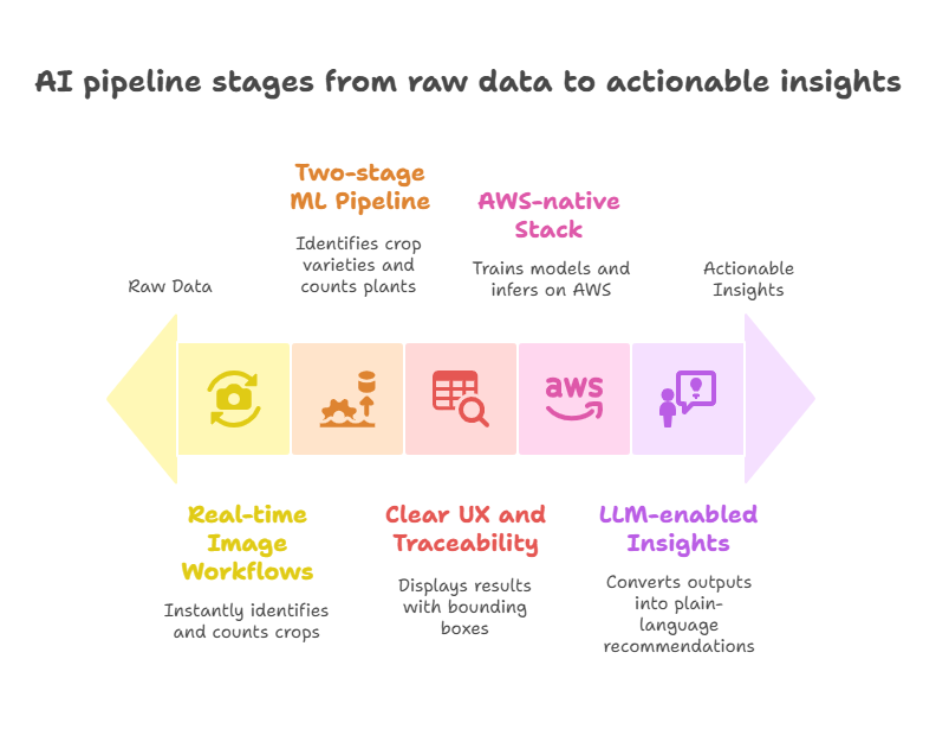OpenAI revealed AgentKit at its DevDay conference. AgentKit is a full suite of components for developing AI agents, offering a visual “Agent Builder” for designing workflows, a ChatKit for embedding conversational experiences, tools for evaluating agent performance (trace grading, prompt optimization), and a connector registry for linking agents to internal or external systems.
OpenAI frames it as a way to move agents from prototype to production with reduced friction.
The launch is part of OpenAI’s push to make building sophisticated autonomous AI systems more accessible to developers.
The GoML POV
OpenAI’s launch of AgentKit represents a critical milestone in the evolution of agentic AI infrastructure, a move toward enabling enterprises to operationalize intelligent agents at production scale. GoML views this as an inflection point similar to the early days of cloud orchestration platforms, where the shift wasn’t about creating individual applications but about deploying composable, reusable systems.
From GoML’s perspective, AgentKit democratizes the agent-building lifecycle, offering a unified environment where developers can design, test, and deploy agents without needing bespoke orchestration logic. The inclusion of components like Agent Builder, ChatKit, and the Connector Registry signals OpenAI’s intention to abstract away the heavy lifting of integration, evaluation, and lifecycle management.
For enterprises, this means that agent deployment can finally move beyond isolated prototypes to scalable, production-ready systems embedded across workflows whether in sales, healthcare, or finance. It also implies that organizations may soon focus less on raw model performance and more on agent behavior design, governance, and integration strategy.
GoML expects this launch to accelerate enterprise-grade AI adoption, making “agents as a service” a mainstream architectural paradigm, one where context management, autonomy, and reliability are handled natively within OpenAI’s platform, freeing businesses to focus on outcome-driven innovation.







